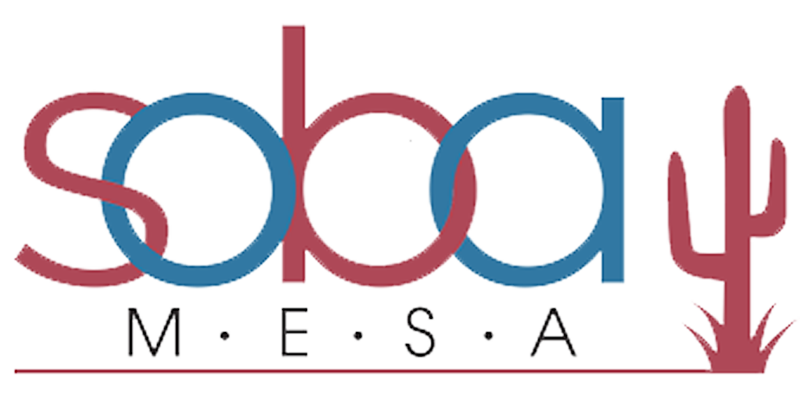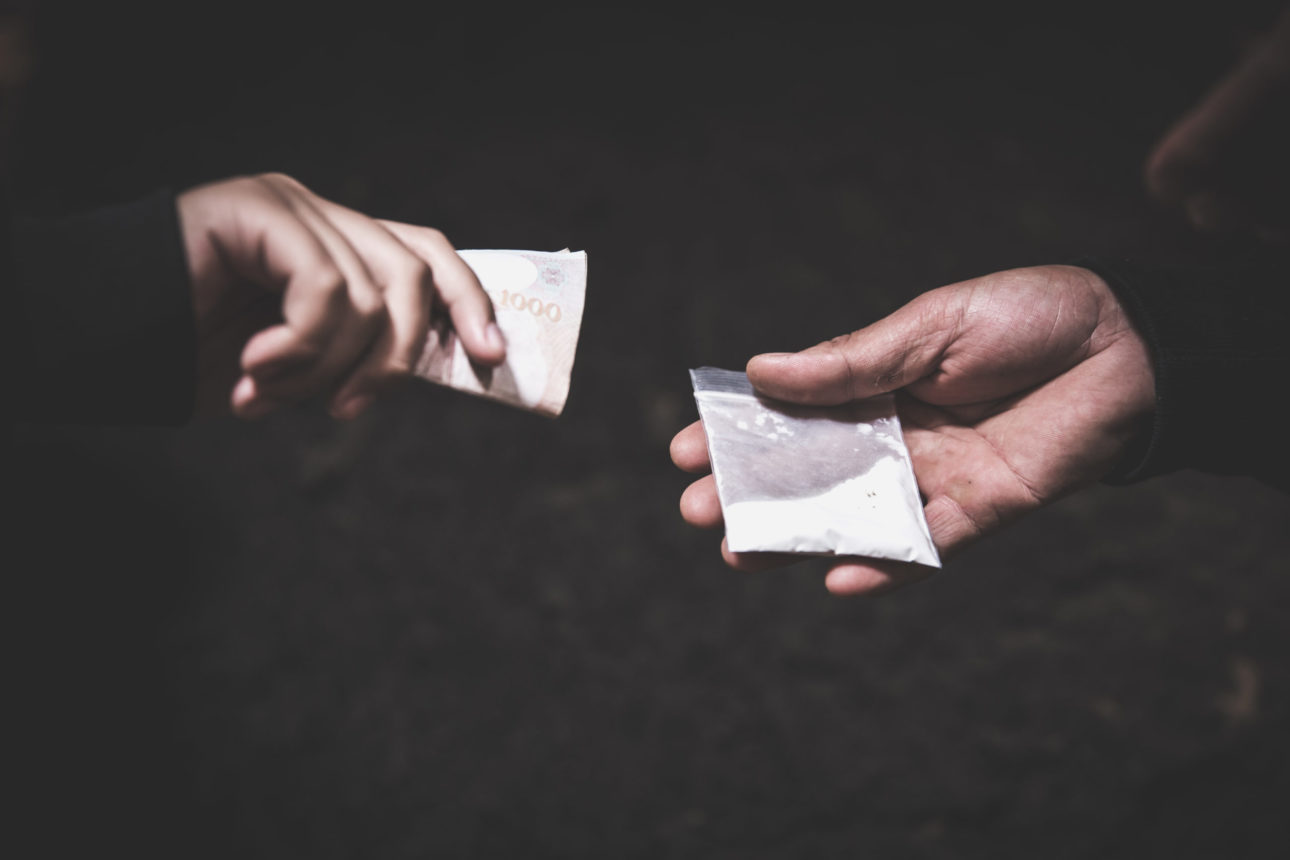Crystal Meth, which is short for methamphetamine, has the potential to do serious damage to your body. It’s incredibly addictive and provides a very intense high. Although it’s available as the prescription Desoxyn, the street version is made in underground ‘labs’ and widely abused across America. There are small scale illegal meth operations throughout the US but most of the meth consumed is trafficked into America from Mexico. If you or someone you know is addicted to Crystal Meth, don’t wait to reach out to Soba Mesa to find out how we can help you overcome your addiction.
What is Crystal Meth?
Crystal meth is an illicit drug that looks like chunks of crystals or blue rocks. While methamphetamine forms the foundation of certain prescription medications, including treatments for ADHD, crystal meth is molecularly different and not a controlled substance. This makes it more addictive and dangerous.
When someone takes crystal meth, their brain ends up getting flooded with a neurotransmitter called dopamine. Crystal meth also blocks dopamine from leaving the brain, trapping it in the brain’s neurons for longer periods of time. This leads to a pleasurable high. This is the reason why crystal meth is so addictive.
Eventually, with repeated use, the brain develops a tolerance to crystal meth. This means that people end up needing more meth to cause the same high. This is due to the depletion of dopamine levels in the brain over time. When the dopamine levels drop too low, this leads to intense meth cravings, causing someone to lose control. This is where the physical, mental, and psychological symptoms arise.
What Are the Signs & Symptoms of a Meth Addiction?
If you or a loved one is suffering from an addiction to crystal meth, there are a number of symptoms to look out for. The mental and emotional symptoms include:
- The inability to learn new skills or retain important information
- A struggle to recall information and make inferences when presented with a set of facts
- Problems with abstract thinking, problem-solving, and judgment
- Problems reading, writing, and recognizing words
- Feelings of paranoia or irritability
Physical symptoms of meth addiction include:
- Weight loss
- Skin irritation like excessive scratch marks
- Meth mouth
- This is a serious oral hygiene issue that causes the mouth to rot and teeth fall out
Crystal meth can also cause you to become profoundly depressed when not using this substance. The depletion of dopamine in the brain drives this depression, leading to a number of symptoms. These might include a loss of interest in certain activities, trouble sleeping, unusual eating habits, and even suicidal ideation.
How To Get Help
If you need help with a crystal meth addiction, seek professional help now. Soba Mesa offers various treatment programs and therapies which will help you to learn how to live life meth free.
Our first phase of treatment is detoxification. This is the process of safely removing crystal meth from your body. Withdrawal side effects can be mild to severe but we do our best to keep you as comfortable as possible during this time. We also have medical staff onsite to monitor your health 24/7.
After detox is inpatient treatment. This is where you’ll work with therapists and counselors to identify the cause of your addiction and how to cope with your emotions in a healthy way. Some of the therapies we offer during treatment include: art therapy, anger management, relapse prevention, 12-step groups, meditation, and equine therapy.
We also have aftercare treatment available for when you complete inpatient treatment. We’re dedicated to giving you all the tools you need to maintain sobriety once you finish residential inpatient treatment.
Reach Out to Us
Don’t let meth ruin your life any longer. At Soba Mesa, we are a luxury detox & drug rehab program located in the beautiful, Southwestern region of Mesa, AZ We are one of the premier drug abuse and addiction treatment programs. We have a variety of resources that our professionals use to help individuals break the bonds of addiction and start the recovery process. If you would like to learn more about how we can help you, please contact us today! With the help of our addiction treatment specialists, we are confident that you can not only get sober but stay clean as well.


